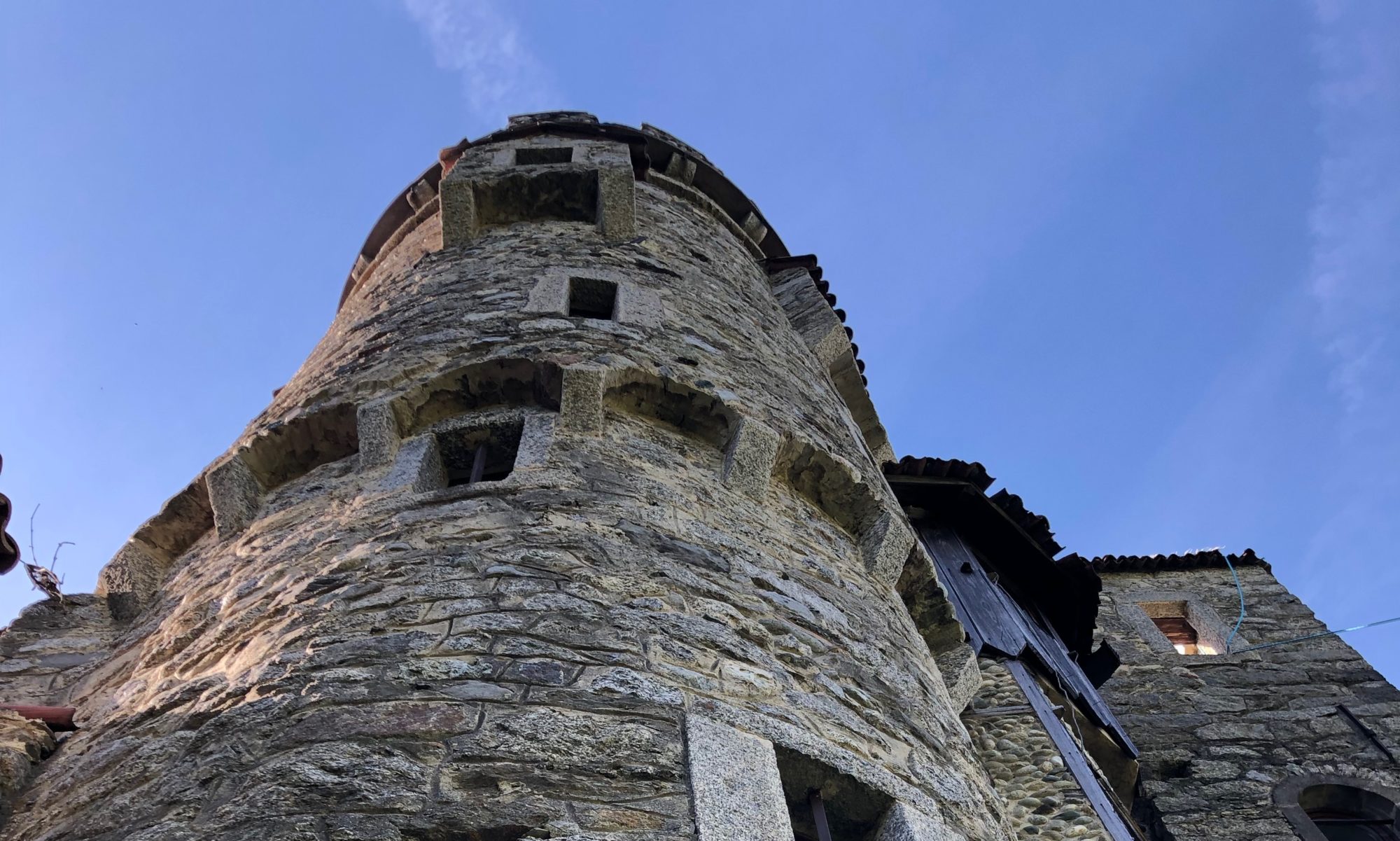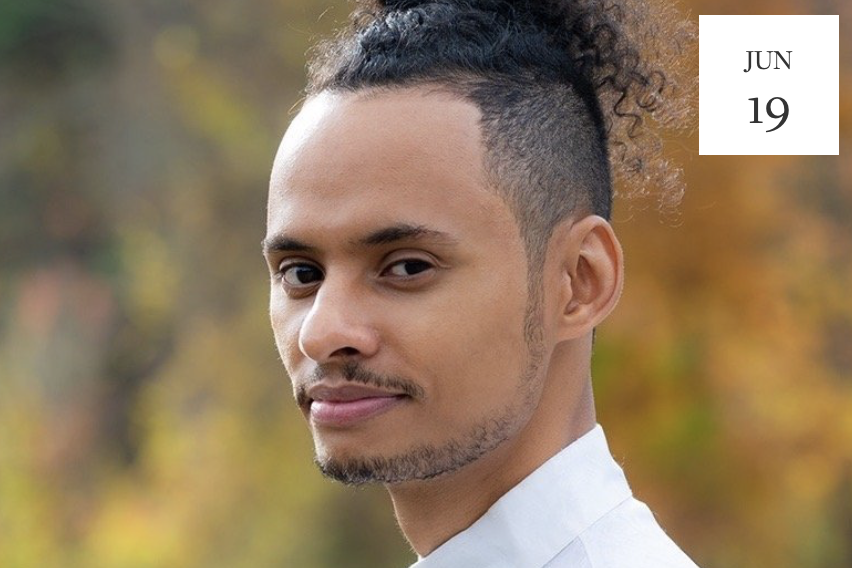$8.00
Date: June 19
Time: 2 pm EDT
PLEASE NOTE: This lecture will be recorded and available for free for our Patreon members at $5/month and above. Become a Member HERE.
Ticketholders: A Zoom invite is sent out at 1 pm EDT on the day of the event to the email used at checkout. Please check your spam folder and if not received, email info.morbidanatomy@gmail.com. A temporary streaming link will be emailed after the event concludes.
Animism for Apocalypse: Working with Spirits and Ancestors to Find Freedom in Endings
Langston Kahn
According to the majority of indigenous peoples’ oral histories, the world has ended many times. After the world ends, the human experiment begins again with those who survive and in the space between worlds, the birth of the new world is shaped by the stories the surviving humans choose to bring with them. What is required in the space between worlds is that we carefully tend both the personal and collective stories we carry with us, because they will manifest through our actions. As we navigate this time of so many cataclysmic endings and new beginnings, many of us feel disoriented, tired and uncertain about the future. What might we learn from our ancestors, our helping spirits and the Earth about the stories keeping us from tending these endings well? How might we engage these endings as an opportunity to liberate ourselves from the harmful systems we are entangled with and tell a new story with our lives? Come join Langston Kahn this Juneteenth to explore how we might move through the grief of these times to find the power waiting for us on the other side of it.
Spirit Voices: The Mysteries and Magic of North Asian Shamanic Traditions
David Shi
David Shi will be talking about his new book Spirit Voices: The Mysteries and Magic of North Asian Shamanic Traditions, which will be coming out in Spring 2023. Shi explores the history and practice of shamanism. What is it? Where is it from? What do shamans actually do? He guides the audience through unfamiliar territory—the landscape of North Asia – and through what are largely hidden and unfamiliar traditions. This area, ranging from the Caspian Sea to the Pacific Ocean, is a vast region often described as the “Cradle of Shamanism” and where the word “Shaman” originates from. His book features history, first-hand experiential reports, mythology, and folklore to explore the spirits, spirituality, and practices of true shamanism. In addition to history and analysis of North Asian shamanism, Shi also provides practical information for those seeking to implement practices that are appropriate to non-initiates and outsiders to the culture.
About the speakers:
Langston Kahn is a Black, Queer teacher, author and shamanic practitioner who specializes in radical human transformation, ancestral healing, and restoring an authentic relationship with our emotions. He stands firmly at the crossroads; his practice informed by somatic modalities, contemporary shamanic traditions, initiations into traditions of the African diaspora, and his helping spirits and ancestors weaving it all together. Langston is the author of Deep Liberation: Shamanic Teachings for Reclaiming Wholeness in a Culture of Trauma. He is a senior teacher in the Cycle of Transformation and has served for 5 years in the Last Mask Community, a collective of people striving to live in alignment with ancient shamanic principles in service of personal and collective liberation. He lives in the ancestral lands of the Lenape, Rockaway and Canarsie also known as New York City. For more information please visit his website LangstonKahn.com.
David Shi is a shamanic worker and folk magic practitioner who engages in traditional North Asian forms of shamanism. He is primarily of Manchurian descent, but can also trace ancestry to Mongolian, Chinese, Korean, as well as a little Tungus Siberian and ancient Central Asian Turkic heritage as well. Raised in a household that incorporated both Southeast Siberian and North Chinese practices, David has dedicated his spare time to the study of the spiritual traditions of his ancestors and of greater Eurasia. Recognized as a sagaasha/ongodtengertei, a future shaman prior to initiation, among both Mongolian and Korean shamans, David’s practices are deeply rooted in spirit work in which ancestral and land spirits are called to empower all workings. David’s readings incorporate a combination of Tarot, Runes, Bones, Jaw-harp, as well as Mongolian stone divination (known as Kumalak in Turkic Central Asia).
David is the author of the book North Asian Magic: Spellcraft from Manchuria, Mongolia, and Siberia, and conducted workshops across the country at occult shops such as Catland Books, as well as at festivals such as So Mote That Con sponsored by the That Witch Life podcast, WitchsFest NYC sponsored by the Wiccan Family Temple, and the Hoodoo Heritage Festival sponsored by the Lucky Mojo Curio Company. He was also interviewed on the podcasts “This Old Witch” by Eddie Massey and Alexander Cabot, “Witch Hat Chats” by Nikki Kirby, and “Witches & Wine” by Chaweon Koo. Additionally, David has studied Witchcraft, Hoodoo Rootwork, and Rune-lore from teachers within those traditions. David also teaches the Korean traditional drumming art of Poongmul/Samul-nori. David currently resides in Manhattan, New York where he occasionally provides spiritual services, products, and workshops to his immediate communities.
The Psychoanalysis, Art & the Occult series of events, curated by Dr. Vanessa Sinclair and Carl Abrahamsson, is dedicated to exploring the intersections and integration of psychoanalytic theory, the creative arts, occult practices, and folk magic traditions. By inviting psychoanalysts, philosophers, artists, writers, and occult practitioners from a variety of theoretical orientations and worldviews to discuss their work, personal experiences, and areas of research interest with one another, dialogue is opened up between practitioners in fields of study that traditionally rarely engage with one another though often operate in similar and complementary ways.

